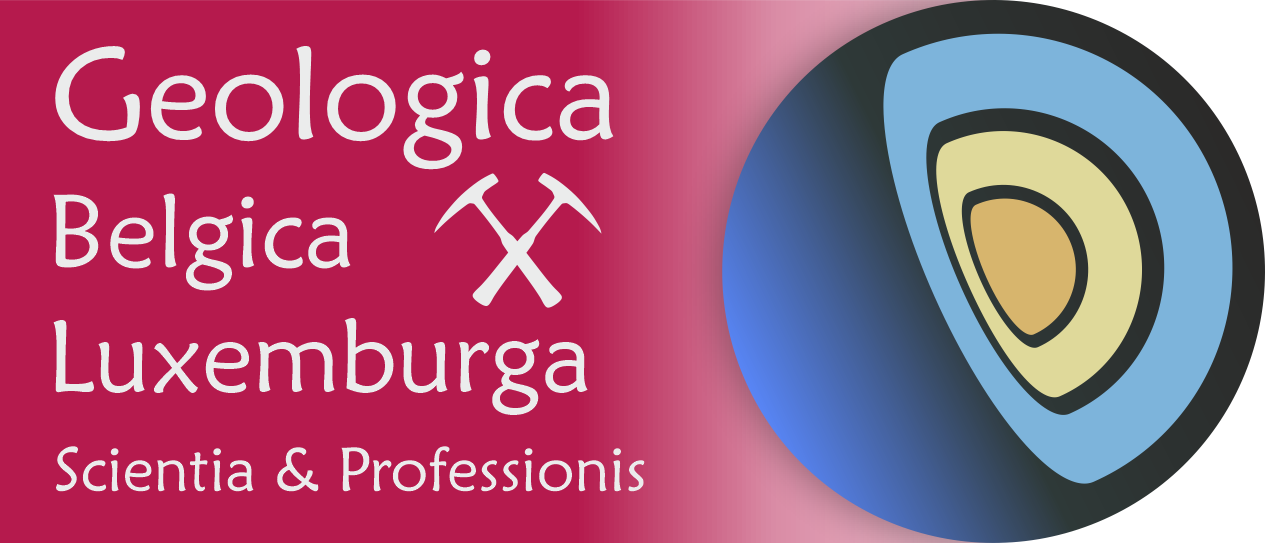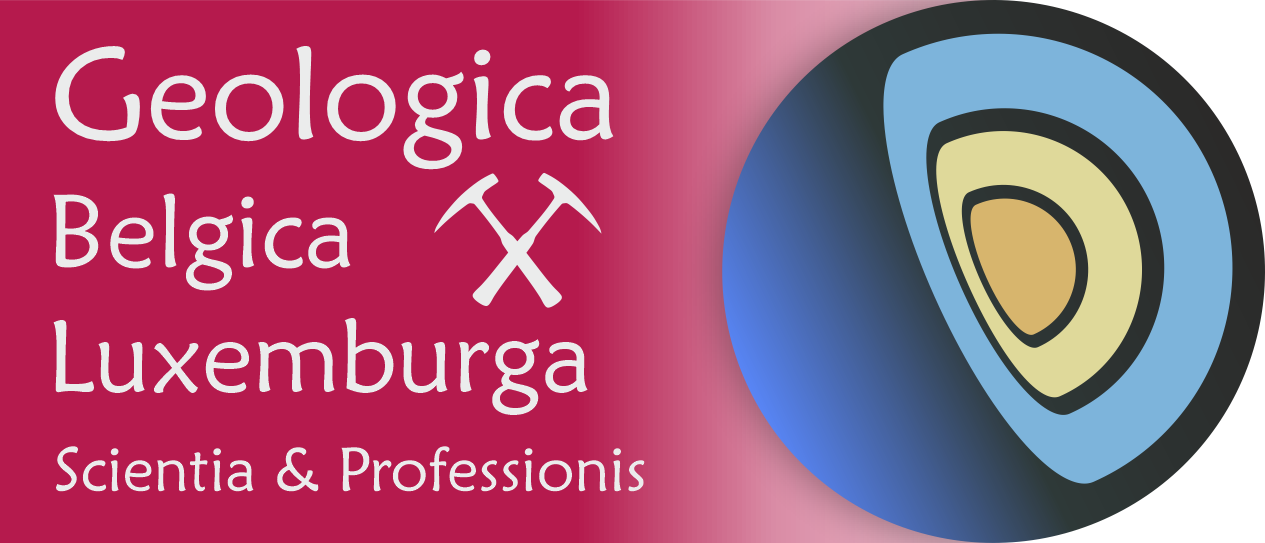- Accueil
- volume 10 (2007)
- number 1-2
- ABOUT BOUDINS AND MULLIONS IN THE ARDENNE-EIFEL AREA(BELGIUM, GERMANY)
Visualisation(s): 1315 (10 ULiège)
Téléchargement(s): 2123 (12 ULiège)
ABOUT BOUDINS AND MULLIONS IN THE ARDENNE-EIFEL AREA(BELGIUM, GERMANY)

Abstract
ABSTRACT. The terms ‘boudin’ and ‘boudinage’ have been coined in 1908 at Bastogne to describe the geometry of particular structures in Lower Devonian metasedimentary series, resembling an array of sausages lying side by side. Recent research shows that these structures are the expression of a polyphase deformation history in brittle-ductile deformation conditions in the middle crust. Hydraulic fracturing caused the formation of the vein arrays, while layer-parallel shortening is responsible for the cuspate-lobate morphology of both the lower and upper interface of the psammite layers. Taking into account the currently acknowledged geological nomenclature, particularly with respect to the terms boudin and mullion, the resulting structures should be described as mullions, or more particularly as double-sided mullions. Notwithstanding the fact that the kinematics giving rise to the particular structures in the Ardenne-Eifel area are not related to the process of boudinage, the Belgian geological community should strive for the creation of a heritage site at Bastogne, still the locality where the terms ‘boudin’ and ‘boudinage’ have been used for the first time.
KEYWORDS: Boudinage, Devonian, Palaeozoic, Variscides, geological heritage, Ardenne, Eifel.
Pour citer cet article
A propos de : Ilse KENIS
Geodynamics & Geofluids Research Group, Katholieke Universiteit Leuven, Celestijnenlaan 200E, B-3001 Leuven, and Geologie - Endogene Dynamik, RWTH Aachen, Lochnerstrasse 4-20, D-52056 Aachen. E-mail: i.kenis@ged.rwth-aachen.de
A propos de : Manuel SINTUBIN
Geodynamics & Geofluids Research Group, Katholieke Universiteit Leuven, Celestijnenlaan 200E, B-3001 Leuven, E-mail: manuel.sintubin@geo.kuleuven.be






